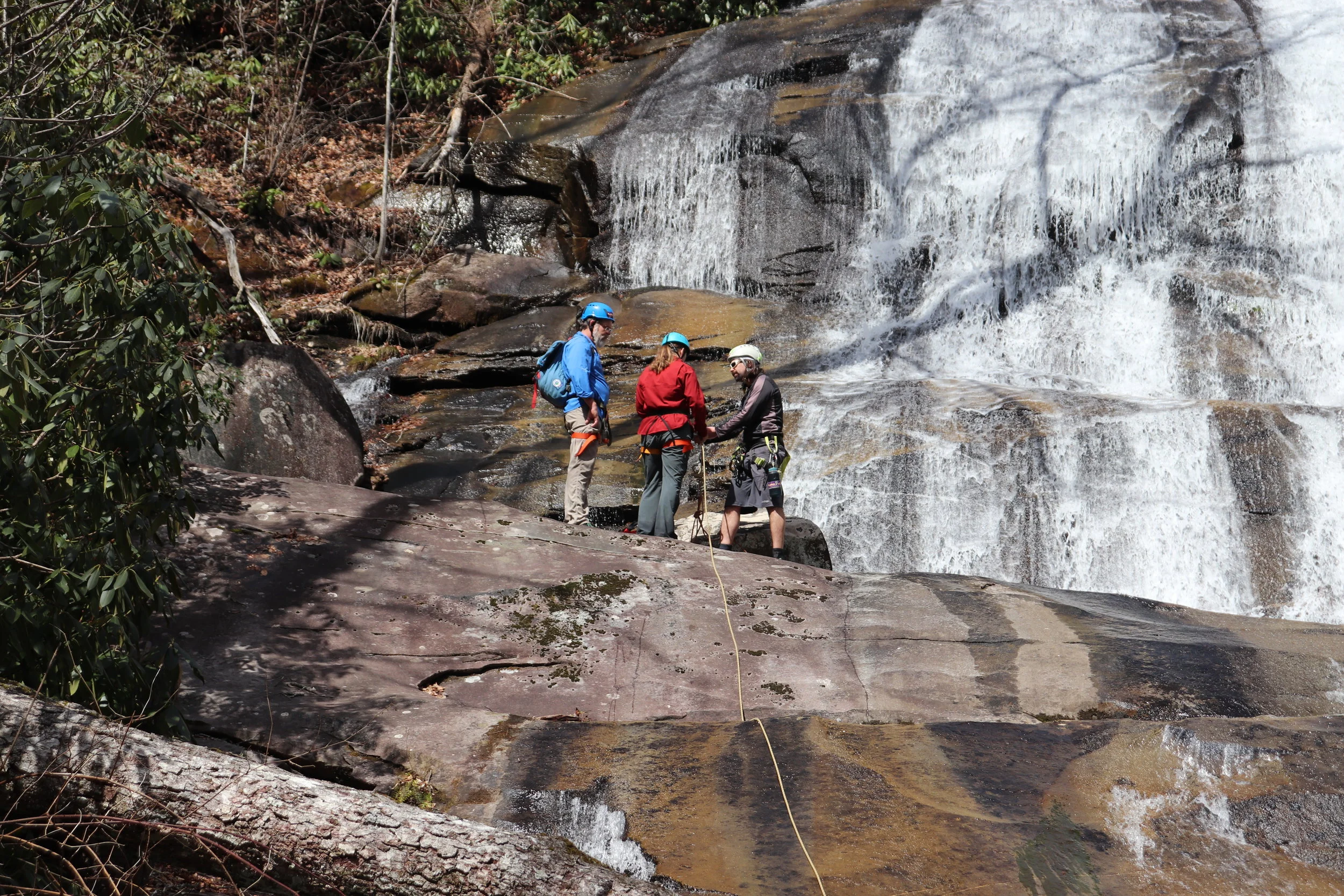What is technology’s place in the outdoors? Often we go out and immerse ourselves in nature in order to detach from modern society. We seek peace and serenity, enjoying the sound of the wind blowing through the leaves of trees and the birds chirping from their branches. When we encounter someone on the trail using a cell phone or playing music, we throw a few darting glances of disapproval and hope to create distance between ourselves and that insult to our ears as quickly as possible. So, is there a place for technology?
We’ve been using technology to improve our experience in the outdoors since the invention of astrolabe, sextant, and the compass, more than 2000 years ago. We would literally be lost without it. Our modern GPS systems, made available for civilian use in the 1980’s, uses 24 satellites and give a location with an accuracy of a few meters. This system became fully operational in 1995. Soon companies were marketing and selling stand-alone GPS devices that you could carry in your hand.
By 2009, New York Times author Jenna Wortham was calling the smartphone the, “Swiss Army Knife of the digital age.” I would imagine the old GPS devices are now piled in the back of your drawer or closet with things like your Blackberry and PalmPilot. The smartphone is no doubt an amazing piece of technology, so the question we have to answer is, “Will the smartphone enhance or detract from our outdoor experience?” That depends on the user.
The Leave No Trace organization is wrestling with the issue of technology in the outdoors. Two of their seven principles state, “Be considerate of other visitors” and “Respect wildlife.” These principles have been in place for 20 years, but do they go far enough to address the current technological advancements?
Neither bluetooth speakers nor drones are considerate of other visitors or wildlife. Wearing earbuds cuts you off from hearing things around you and can be a safety hazard. Many people have taken falls because they are looking at something through a screen, creating tunnel vision. A study published in the Journal of Family Medicine and Primary Care in 2018, found that more than 250 people have died while trying to take selfies between the years 2011-2017.
It’s obvious that technology can be detrimental if we lack the maturity and judgement to use it safely. But can it enhance our experience in the outdoors? I would argue that undoubtedly, it can. The smartphone, specifically, can offer many “services” for us while we’re on the trail, granted our battery is in good condition.
We can find our location without cell service using mapping apps like Avenza Maps, or Gaia GPS. Emergency calls can usually be made by moving to higher ground. We can find our bearing using a compass App, find the names of unfamiliar peaks using PeakLens. Our cellphones can serve as a flashlight, a camera, and we can identify the constellations with Sky Map. Highly recommended apps that help us find trails to hike or ride are AllTrails, Trailforks, MapMyHike, and Yonder.
In order to enjoy any of the benefits of your smartphone, your battery needs to have a charge. There are simple steps you can take to conserve your battery. If you are out of a cell service area, turn your phone on Airplane Mode so you phone stops searching for a cellular signal that may not exist. Enable Low-Power/Battery-Saver Mode, turn off Location Services, and avoid extreme temperatures.
I’m a true believer that a smartphone can serve as a supplement to traditional map and compass navigating skills, but not as a replacement. If you are going to spend time on the trails in our state parks and national forests learn to read a topographic map and how to use it in conjunction with a compass in order to navigate.
Smartphones and other modern tools can enhance our time in the outdoors. They can help us identify plants and birds without carrying ten pounds of guidebooks, and may just save our lives in the event of an emergency. If only we can remember to be considerate of others people’s experience and to respect wildlife.
If anything we do out there with our technology interferes with other people’s peace and serenity, or changes the natural behavior of wildlife, then we are either too close or being too loud. Maybe it’s time to turn that phone off and put it in your pack.
What is your favorite outdoor app? What are your thoughts and experiences on this topic?







